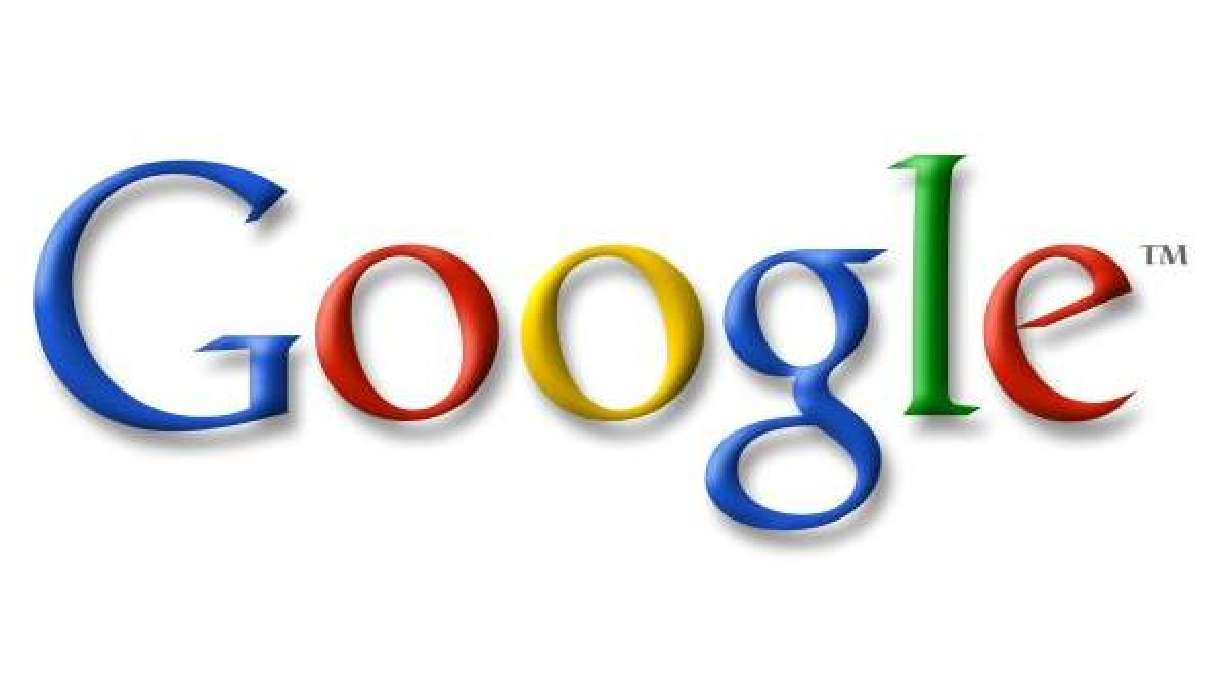Estimated read time: 2-3 minutes
This archived news story is available only for your personal, non-commercial use. Information in the story may be outdated or superseded by additional information. Reading or replaying the story in its archived form does not constitute a republication of the story.
SALT LAKE CITY -- With Google, information is at our fingertips and out of our minds, a new study shows.
Dr. Betsy Sparrow of Columbia and her colleagues Daniel M. Wegner of Harvard and Jenny Liu of the University of Wisconsin conducted a study to assess how people use their memory to remember facts found on the internet.
Through a series of experiments, subjects were introduced to trivia questions and then had their memory recalled. Those who were told that the information they typed into a computer would be saved and where it would be stored were less likely to recall the specific trivial facts than those who were told the information would be deleted.
While they did not remember the facts themselves, they did remember where to find the information on the computers.
The researchers compare the results to the reliance we have upon family members and friends, as a way of externally storing information.
"Our brains rely on the Internet for memory in much the same way they rely on the memory of a friend, family member or co-worker," Sparrow said to BBC. "We remember less through knowing information itself than by knowing where the information can be found."
"That is almost like being friends with the Oxford English Dictionary and a few sets of Encyclopedias," [commented PC World](<http://www.pcworld.com/article/235885/search_engines_ruin_our_memory_make_us_smarter.html >).
Though memory recall is certainly important, Sparrow feels it could be a positive adaptation of the human memory.
"Perhaps those who teach in any context, be they college professors, doctors or business leaders, will become increasingly focused on imparting greater understanding of ideas and ways of thinking, and less focused on memorization," Sparrow said. "And perhaps those who learn will become less occupied with facts and more engaged in larger questions of understanding."
PC World's Paul Suarez agrees.
"I think the sweet spot would be if we can harness the Net to take over mundane tasks and free more brain power for critical thinking and creativity --two things that can't be easily supplemented by computers."
But others, like the [Toronto Star](<http://www.thestar.com/news/world/article/1025703--google-changing-the-way-we-remember-study-finds >)








